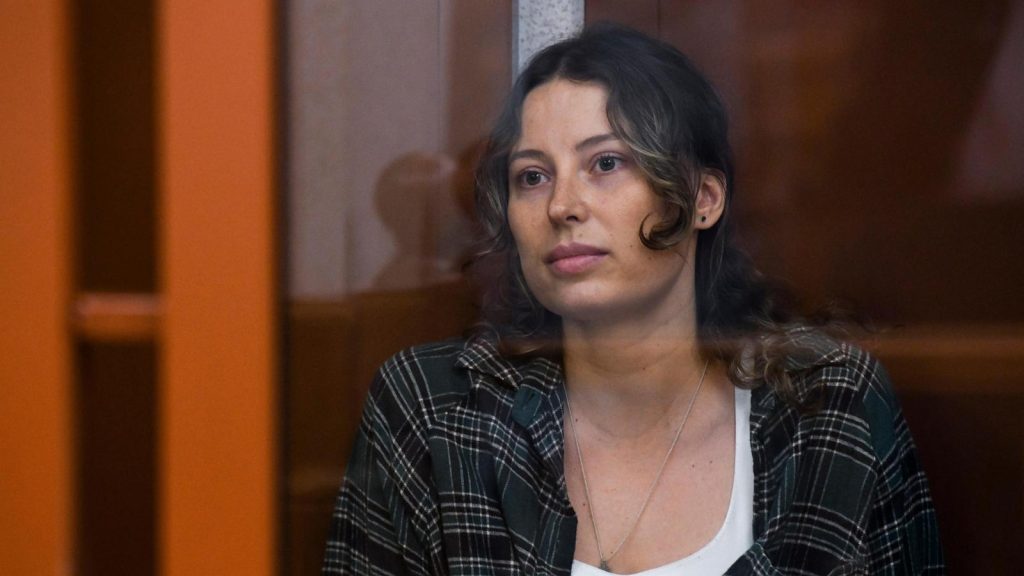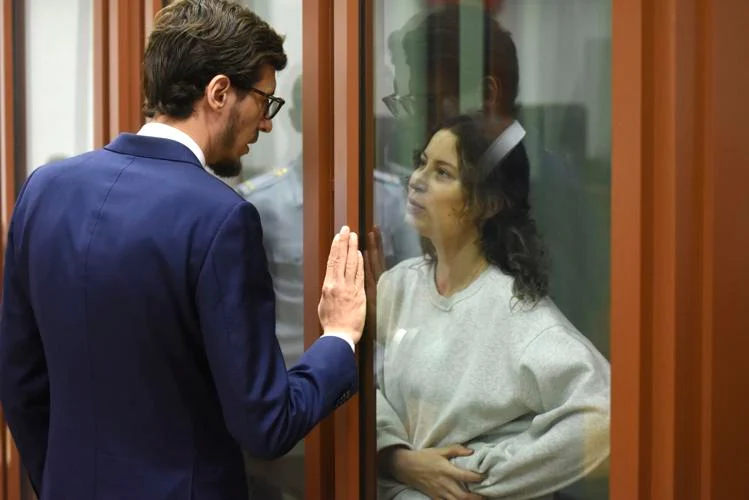Russian-American Ballerina Sentenced to 12 Years for $51 Charity Donation
2 min read

A Russian court has handed down a 12-year prison sentence to Ksenia Karelina, an amateur ballerina with dual American and Russian citizenship, for the crime of treason. Her alleged offense involved donating $51 to a Ukrainian charity. This case has drawn international attention and highlighted ongoing tensions surrounding Russia’s treatment of dissent and humanitarian aid.
Karelina, who became a U.S. citizen in 2021 and was living in Los Angeles, was arrested in January 2023 while visiting her family in Yekaterinburg, Russia. She was charged by the Federal Security Service (FSB) with treason for allegedly supporting a Ukrainian organization that the FSB claimed was involved in supplying arms to Ukraine. The charity in question, Razom for Ukraine, has stated that it focuses on humanitarian aid and disaster relief, not weapons.
The court in Yekaterinburg, where Karelina was tried, sentenced her to a general regime penal colony, rejecting the prosecution’s request for a 15-year term. Her trial, held behind closed doors, ended with her pleading guilty. Karelina’s lawyer, Mikhail Mushailov, revealed that she admitted only to making the donation, believing it would assist victims of the conflict on both sides. He stated that Karelina intends to appeal the verdict.
Karelina’s case drew comparisons to that of Evan Gershkovich, a Wall Street Journal reporter also tried in Yekaterinburg and jailed for espionage. Gershkovich was recently released in a significant prisoner exchange involving the U.S. and other Western countries. Both cases were handled by the same judge, Andrei Mineev.
Karelina’s boyfriend, boxer Chris van Heerden, expressed deep frustration and sadness over the ruling. He criticized the recent prisoner swap for not including Karelina and voiced his ongoing efforts to secure her release. Van Heerden emphasized his emotional distress and the difficulties of dealing with the situation.
 Since Russia’s full-scale invasion of Ukraine began in February 2022, the Russian government has intensified its crackdown on dissent. Human rights groups report that over 1,000 criminal cases have been initiated against anti-war activists. In response to increasing dissent, President Vladimir Putin signed a decree in 2023 raising the maximum penalty for treason from 20 years to life imprisonment. This legislative shift has led to a record number of treason charges.
Since Russia’s full-scale invasion of Ukraine began in February 2022, the Russian government has intensified its crackdown on dissent. Human rights groups report that over 1,000 criminal cases have been initiated against anti-war activists. In response to increasing dissent, President Vladimir Putin signed a decree in 2023 raising the maximum penalty for treason from 20 years to life imprisonment. This legislative shift has led to a record number of treason charges.
In another related case, Kevin Lik, a dual German-Russian citizen, received a four-year sentence for treason in July. Lik was among the individuals released in a prisoner exchange between Russia and the West.
Initially, Karelina was detained for “petty hooliganism,” but the charges were escalated to treason after the FSB discovered the $51 donation. Before her arrest, Karelina worked at a hotel spa in Beverly Hills and was visiting her parents and elderly grandmother in Yekaterinburg.
Karelina is known by both her maiden name and her ex-husband’s surname, Ksenia Khavana. The severity of her sentence for such a minor financial transaction underscores the broader implications of Russia’s stringent policies against perceived disloyalty and the current geopolitical climate.